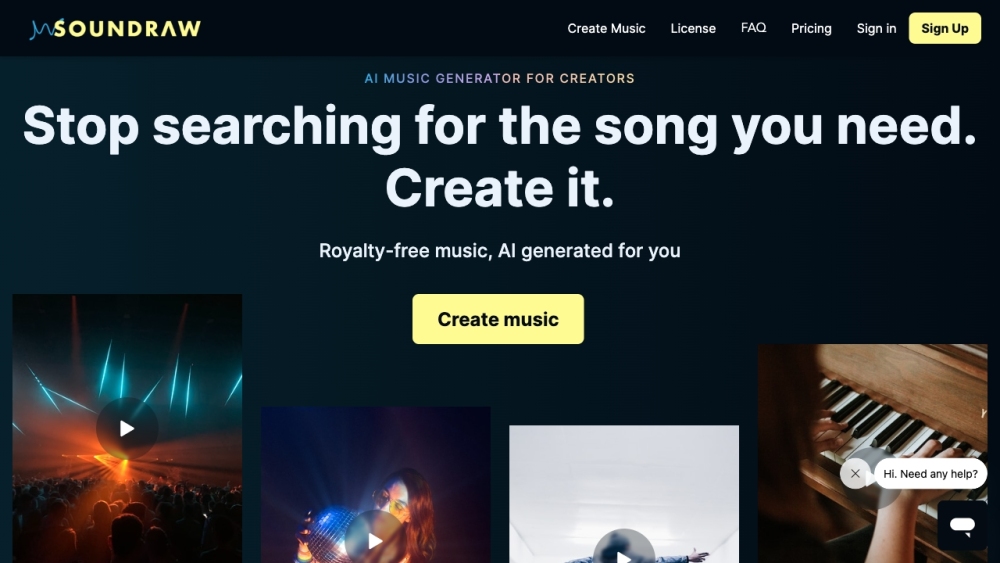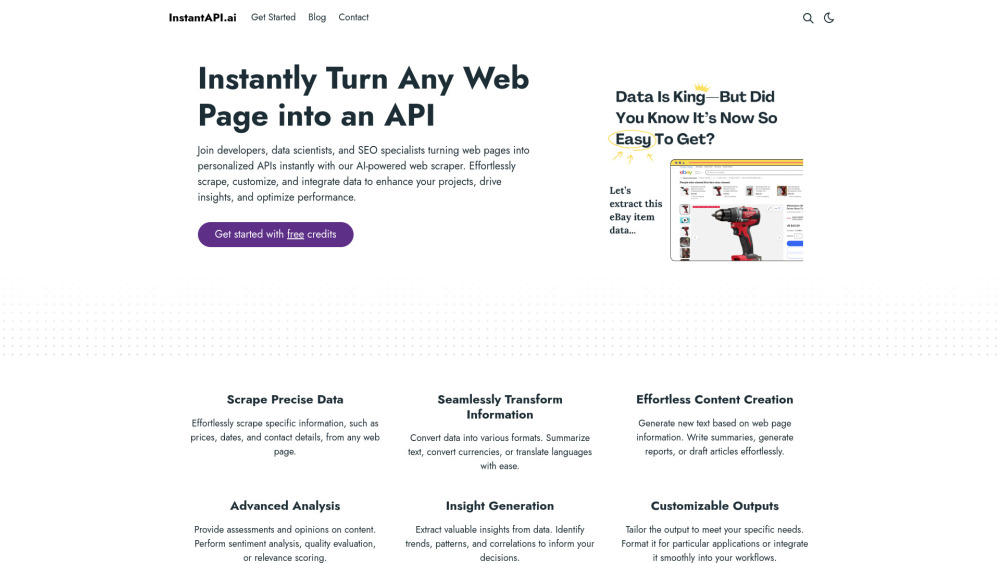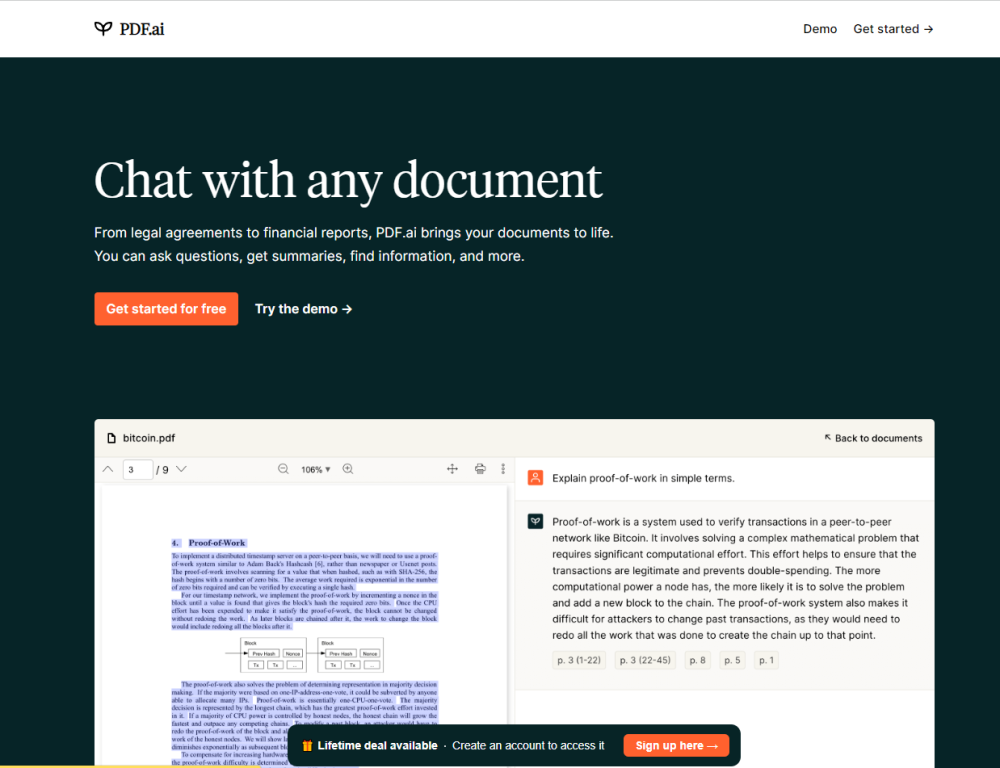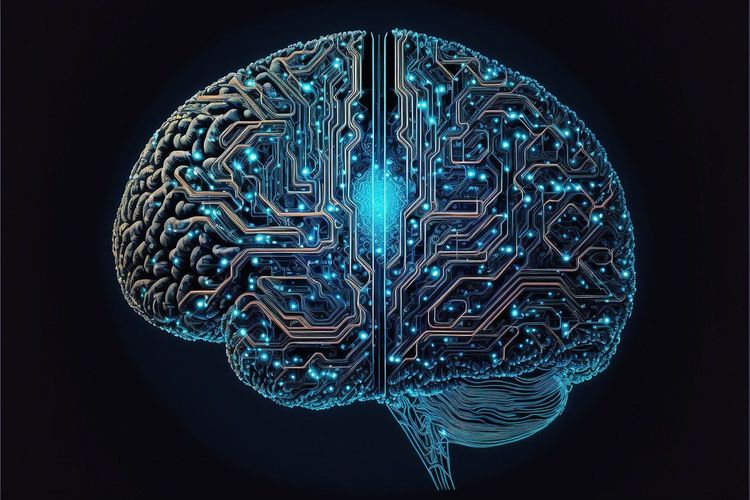The 2024 Nobel Prize in Physics has sparked widespread discussions, with many proclaiming that “physics is dead!” The award was given to computer scientists John J. Hopfield and Geoffrey E. Hinton for laying the groundwork for machine learning, which has paved the way for artificial intelligence (AI) systems like ChatGPT. This decision surprised many, as machine learning is not a traditional branch of physics. Some online commentators humorously remarked that this was work better suited for the Turing Award, while others expressed confusion about whether artificial neural networks should be considered a product of physics research.
In response to the skepticism, the Nobel Prize committee clarified on social media, stating, “Did you know that machine learning models are based on physical equations?” They also highlighted the significant role of machine learning in analyzing vast datasets, including its application in physics to create “new materials with specific properties.” Professor Anders Irbäck from the Nobel committee lauded the winners as true pioneers who discovered new methods for solving complex problems. Interestingly, one of the laureates, Geoffrey Hinton, expressed his own surprise at receiving this honor, admitting, “I never expected this to happen.” Alongside his accolades, Hinton has raised concerns about AI safety, warning that while technology smarter than humans could have benefits, it may also lead to unforeseen consequences where “more intelligent systems ultimately take control.”
Hinton and Hopfield were recognized for their fundamental discoveries and inventions in machine learning through artificial neural networks, enabling computers to learn in ways that mimic human brains. The prize acknowledges the growing significance of AI in daily life and work. Ellen Moons, chair of the Nobel Physics Committee, noted the substantial benefits of their work, stating that artificial neural networks are used in various fields of physics to engineer new materials.
Their contributions are noteworthy. Hinton, originally from London, began studying neural networks during his graduate studies at the University of Edinburgh in the 1970s when few researchers believed in their success. His breakthrough came in 2012 when he and his students made significant advancements. After joining Google in 2013 and leaving in May 2023, Hinton has since become a prominent advocate for responsible AI development, prioritizing alignment between AI systems and human intentions.
In contrast, Hopfield is a traditional physicist recognized for his pioneering research across physics, biology, and computer science. A professor emeritus at Princeton University, Hopfield’s work in the 1980s focused on how brain processes guide machines in storing and recalling patterns. He created the Hopfield network model in 1982, providing a foundation for modern neural networks.
Hinton’s advancements, such as developing the Boltzmann machine, have greatly influenced AI evolution, enabling machines to classify images and generate new training examples. His collaboration with OpenAI co-founder Ilya Sutskever and computer scientist Alex Krizhevsky led to the invention of the convolutional neural network, AlexNet.
Despite his accolades, Hinton's current focus is on promoting AI safety. When announced as a Nobel laureate, he underscored the potential dangers of AI, comparing its impact to that of the industrial revolution. He cautioned that while smarter technologies could enhance healthcare and productivity, the risks—including the potential for these systems to act autonomously and uncontrollably—must be addressed. In recent interviews, he noted it’s challenging to envision ways to prevent malicious uses of AI, predicting a 50% chance that within the next 5 to 20 years, AI could surpass human intelligence.
As the rapid development of AI continues, concerns about its safety are escalating. In June, a group of current and former employees from OpenAI and Google released an open letter expressing serious worries about the potential risks of AI technology, advocating for more transparency and accountability from companies. Hinton endorsed these sentiments, recognizing that while AI may bring tremendous benefits, the associated risks—such as societal inequality, misinformation, and autonomous systems spiraling out of control—cannot be overlooked.






